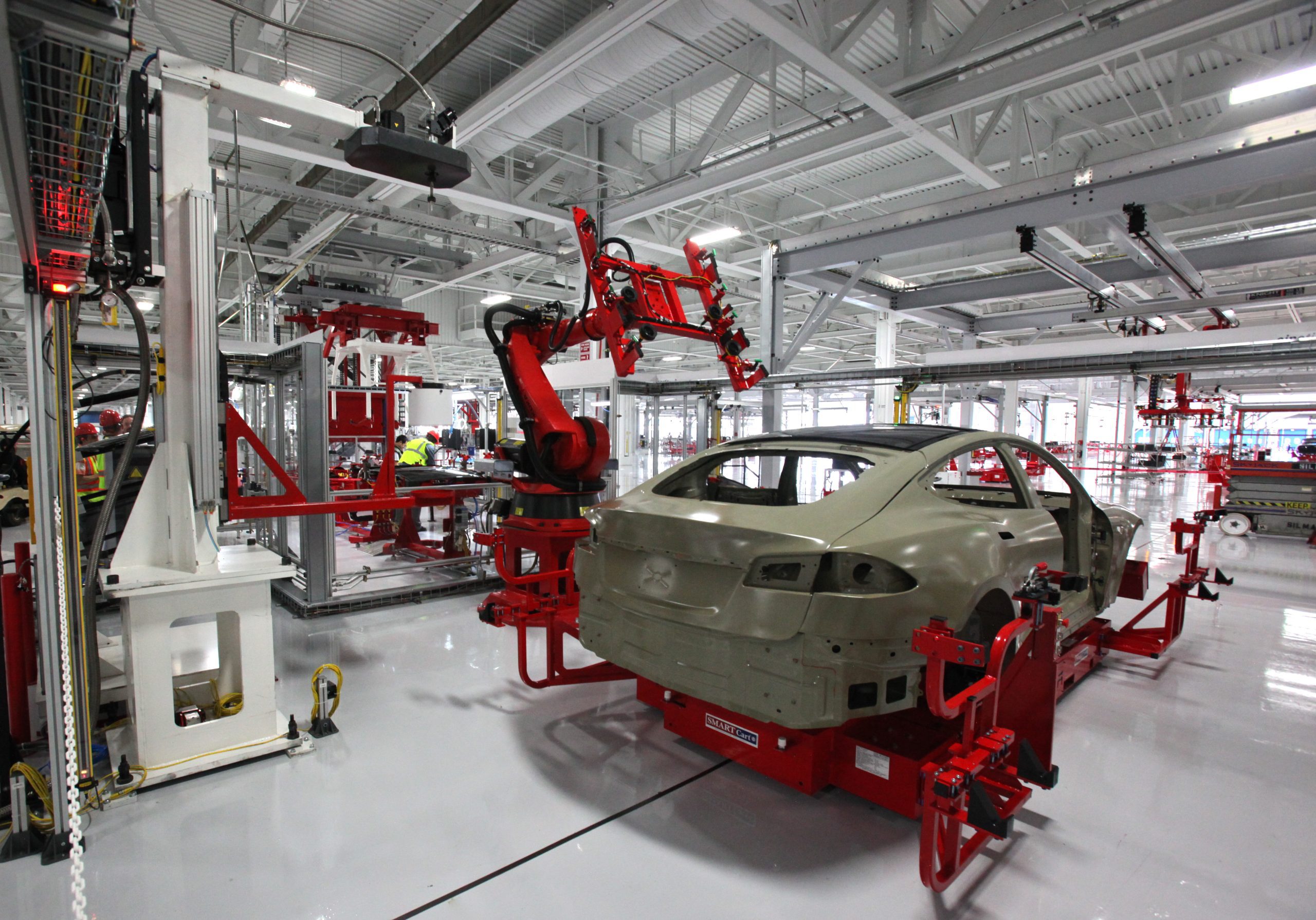Climate Policy
| Environmental Research Letters |7 December 2023
Strategies for green industrial and innovation policy–an analysis of policy alignment, misalignment, and realignment around dominant designs in the EV sector

Credit: By Steve Jurvetson - Flickr: Tesla Autobots, CC BY 2.0, https://commons.wikimedia.org/w/index.php?curid=24819239
Summary
Governments in industrialized as well as emerging economies are racing to implement policies to accelerate clean energy innovation and capture the economic benefits of decarbonization. This paper explores which combination of technology-push and demand-pull policies best situates a country to lead in clean energy innovation, as new or dominant designs emerge and replace older technologies. A new analytical framework for green industrial policy is introduced regarding the alignment, misalignment, and deliberate misalignment of policies. This framework is applied to battery electric vehicle drivetrain technology to examine the use of policy alignment and misalignment by countries with big automakers as they pursue strategic green industrial policy. We find that countries that achieved early and sustained (not inconsistent) policy alignment gained a first-mover advantage compared with countries that deliberately or accidentally misaligned their policies. We also find that first-mover advantage can be lost due to deliberate misalignment of policies caused by an inability of governments to effectively incentivize their firms to develop and deploy cleaner and more efficient technologies. In situations where governments adopt misaligned or conflicting policies, incumbent industries tend to pursue their prior comparative advantage and maximize return from investments in prior technologies. We also find that deliberate misalignment of policies can be an effective catching-up strategy.
Read more
